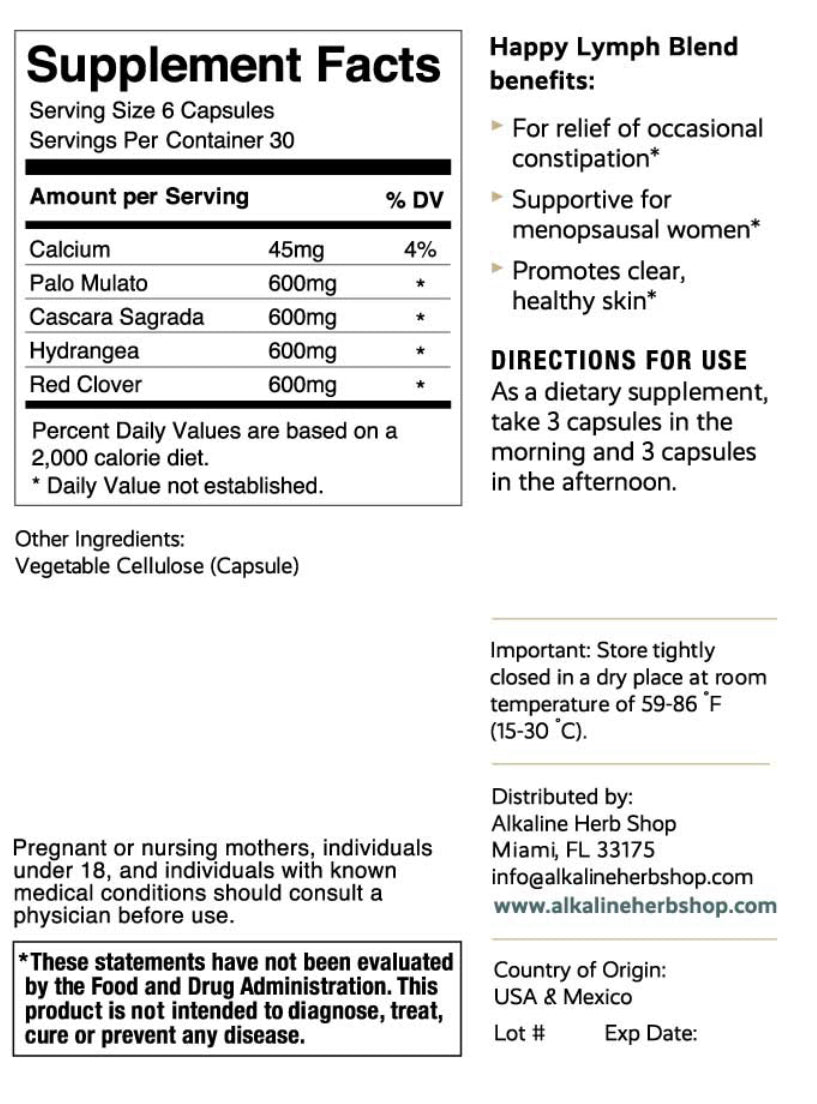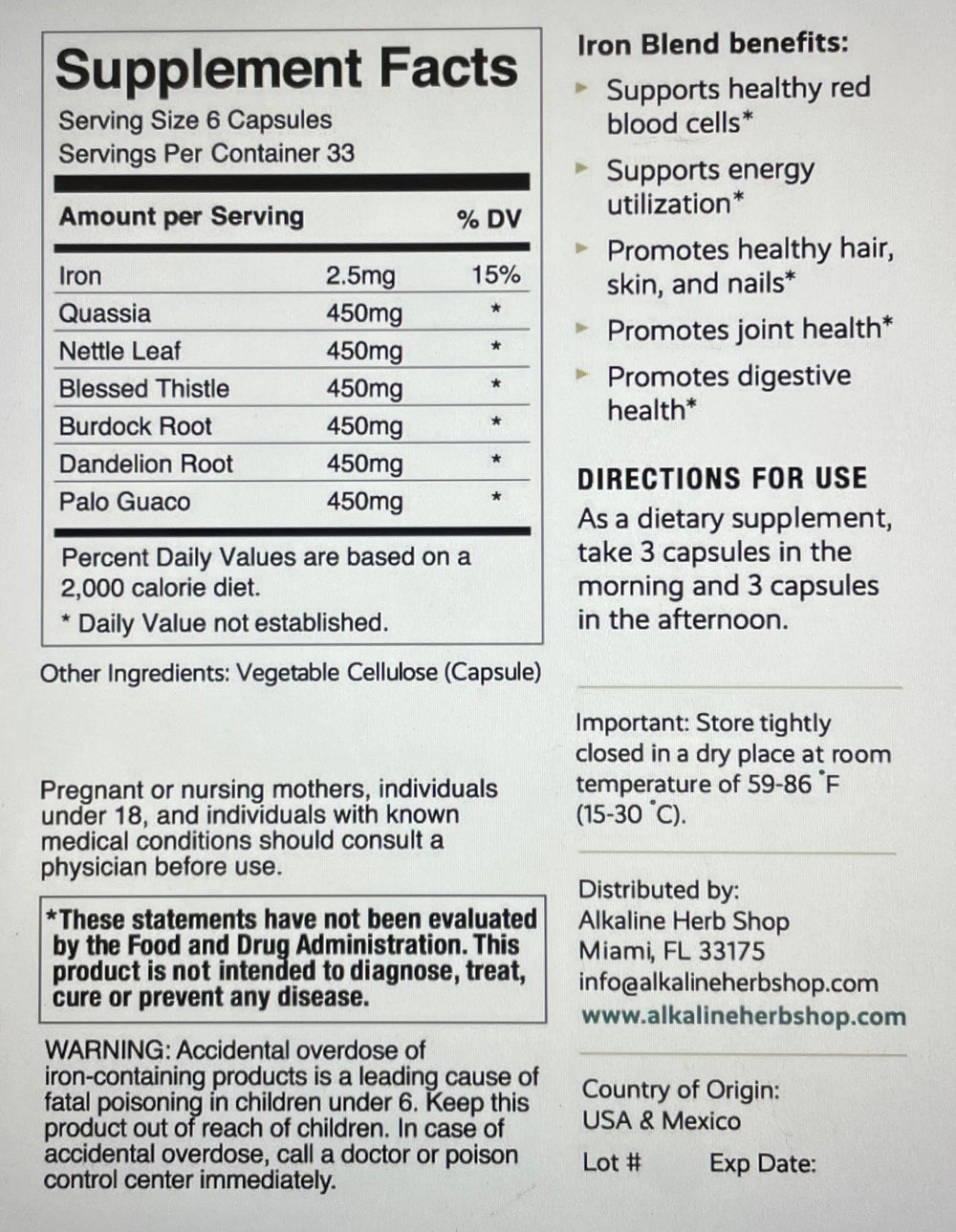Each tube contains 24 tea bags and is made from wildcrafted and organic herbs. The ingredients are Burdock Root, Yellow Dock Root, Sarsaparilla Root and Milk Thistle Seed.
Liver Tea comes in unbleached tea bags.
Burdock root is a vegetable native to Europe and Northern Asia, but it is now also grown in the United States and many other parts of the world. This plant has extremely long roots that grow very deep into the soil to find nutrients and water. The roots can be beige or brown, and on the outside the roots are sometimes black. Some animals and insect larvae eat the burdock root in the wild, and the root is also often eaten by humans. It can be cooked or eaten fresh, and is common in Asian dishes.
Burdock is part of the Asteraceae family, and can also be called Arctium lappa. Plants that belong to the Arctium genus have large, dark green leaves that can grow to be more than 2 feet (70 cm) long. The flowers of the burdock plant are popular with honeybees for the pollen they produce. The plant also contains "burrs" which can catch on fur and clothing, entangling people and animals. These burrs are the inspiration behind the hook-and-loop closures used on many products today.
Yellow Dock, which is officially called Rumex crispus, also goes by the names curled dock or curly dock. It is in the Polygonaceae family, and is native to Western Asia and Europe. As a perennial, flowering plant, yellow dock produces a flower stalk that can grow to be nearly 5 feet (approximately 1.5 meters) high. Smooth leaves branch off of a basal rosette at the bottom, and have edges that are distinctively wavy or curled.
Flowers and seeds are produced in clusters on the stems, and the seeds are encased, so they can float on water or get caught in the fur of animals that brush by them. That helps the seeds travel longer distances, allowing yellow dock to spread and thrive. The root that takes hold from the seed is large and yellow, with a forking taproot that makes its way deep into the soil for water and nutrients.
Sarsaparilla has an official name of Smilax aristolochiifolia, and is native to Central America and Mexico. In addition to sarsaparilla, it is also often called Honduran sarsaparilla or Jamaican sarsaparilla. This perennial plant is a woody, tropical, trailing vine, with prickly stems.
Commonly used in the old-fashioned styles of root beer, sarsaparilla is often named for the country where it was found, such as calling it Mexican sarsaparilla instead of just sarsaparilla. With the spread of this plant to other countries, it can now be found in South America, the Caribbean, and the West Indies.
Pregnant or nursing mothers,individuals under 18, and individuals with Known medical conditions should consult a physician before use.
*These statements have not been evaluated by the Food and Drug Administration. This product is not intended to diagnose, treat, cure, or prevent any disease.










